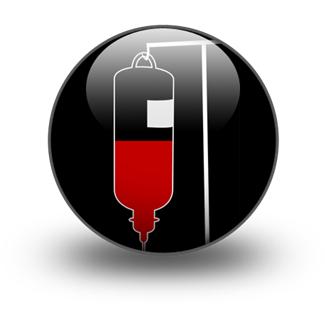Blood Management Programs
August 16, 2011 | Terry Sharrer
US healthcare uses about 14 million units of blood annually, which the Department of Health and Human Services believes is excessive and often inappropriate. On average, American hospitals apply 49 blood units per 1,000 patients, while Canadian and British providers use less than 40 units. HHS believes that personal blood management programs-e.g. encouraging iron rich diets for anemic patients before undergoing surgery-could offer both cost savings and more effective care. Though this piece doesn’t mention telemedicine/telehealth applications in that regard, it clearly is a positive possibility. MORE




Alvina Hauan
Recent research coming out of the National Anemia Action Council (NAAC) has found that the common practice of administering blood transfusion to traumatic brain injury patients may actually be increasing the risk of mortality as well as “composite complication including multi-organ failure.”The study, which lasted over a seven-year period, found that of the 1,150 TBI patients, approximately 76 percent were found to be anemic at some time period during their first week after administration to the hospital because of their TBI incident. The anemic group was said to have increased complications compared to non-anemic patients and of the “anemic group, 76 percent received blood transfusions during their first week and the transfusion in this group was associated with more complications and a higher mortality rate than patients who were not transfused.”;
Have a look at all of the latest write-up at our very own internet page
<http://www.healthmedicinelab.com/pain-in-left-side/